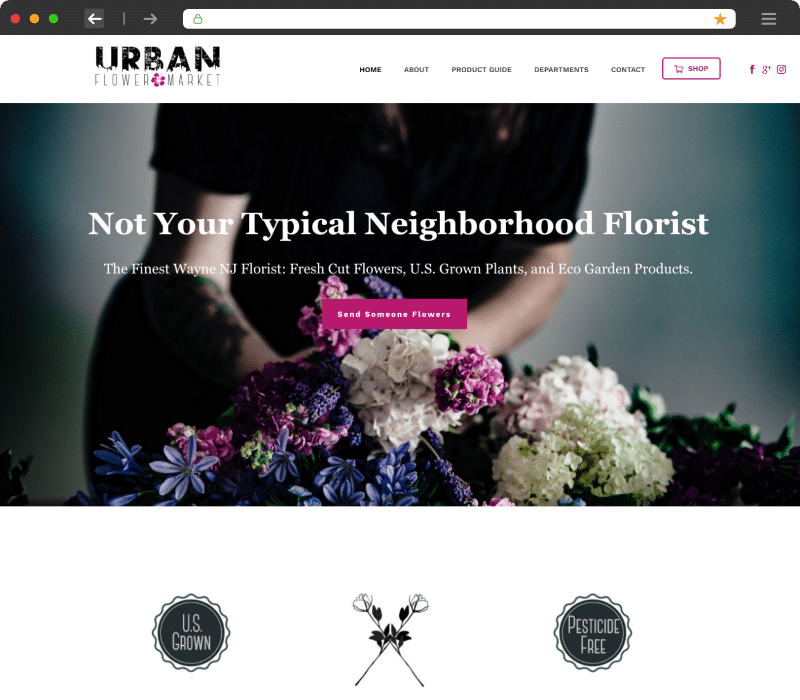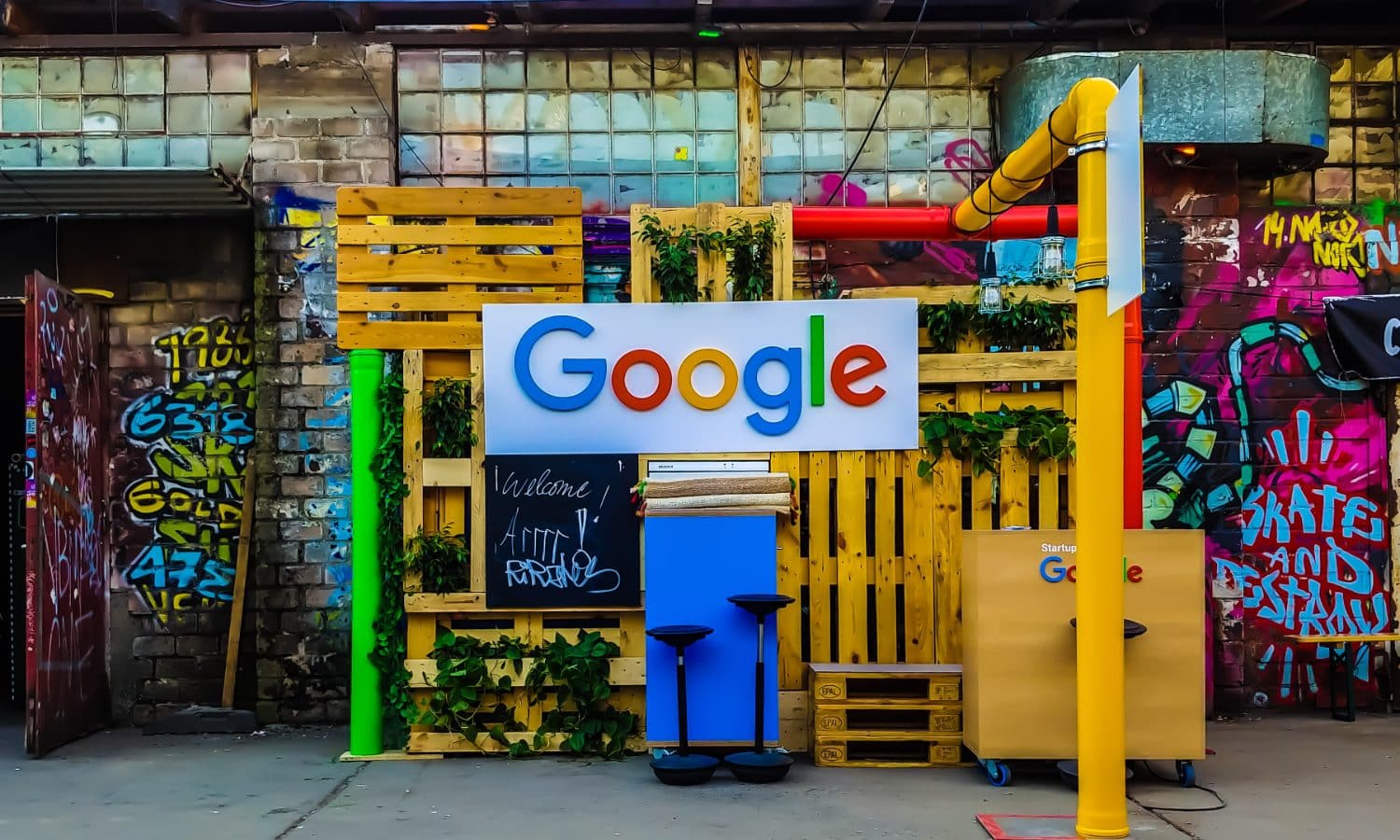Introduction
In today's digital landscape, ensuring your business is easily discoverable online is paramount. As consumers increasingly turn to search engines for local services and products, the importance of local SEO cannot be understated. This article serves as a comprehensive Local SEO Checklist: Ensure Your Business is Found Online, guiding you through all essential steps to optimize your online presence effectively.
Whether you're a small business owner, a marketing professional, or someone keen on understanding how to leverage search engine optimization (SEO) for local visibility, this guide will provide you with actionable insights and strategies.
Local SEO Checklist: Ensure Your Business is Found Online
What Is Local SEO?
Local SEO refers to the practice of optimizing your online presence to attract more business from relevant local searches. The goal is to ensure that when potential customers search for services or products in their vicinity, your business appears prominently in search results.
Importance of Local SEO
Targeted Traffic: Local SEO helps drive targeted traffic from users actively searching for services nearby. Higher Conversion Rates: Since local searches often have high intent, businesses can experience increased conversion rates. Google Maps Visibility: Optimizing for local searches enhances visibility on platforms like Google Maps.How Does Local SEO Work?
Understanding how local SEO works involves recognizing the various components that make up a comprehensive strategy:
Keyword Optimization: Integrating location-based keywords into your website content. Google My Business (GMB): Claiming and optimizing your GMB listing. Citations and NAP Consistency: Ensuring your Name, Address, and Phone number are consistent across various platforms.Researching Local Keywords
Identifying Target Keywords
To kick off your local SEO journey, identifying the right keywords is crucial. Start by brainstorming terms your potential customers might use when searching for your products or services.
Tools for Keyword Research
- Google Keyword Planner Ubersuggest SEMrush Ahrefs
Long-Tail Keywords and Their Significance
Focusing on long-tail keywords—phrases that are more specific—can help you attract qualified traffic. For example:
- "best pizza delivery in [Your City]" "affordable plumbing services near me"
Optimizing Your Website for Local Search
On-Page Optimization Techniques
On-page optimization includes several techniques aimed at improving individual web pages:
Title Tags & Meta Descriptions: Include local keywords naturally within these elements. Header Tags (H1, H2): Utilize header tags strategically to organize content effectively.Utilizing Schema Markup
Schema markup helps search engines understand the context of your content better:
Google My Business Optimization
Setting Up Your Google My Business Profile
Claiming and properly setting up your GMB profile can significantly impact local rankings:

Encouraging Customer Reviews
Positive reviews can enhance trust and credibility:
- Request reviews from satisfied customers. Respond promptly to both positive and negative reviews.
Citations and NAP Consistency
Understanding Citations in Local SEO
Citations refer to any mention of your business's name, address, and phone number across online platforms:

Importance of NAP Consistency
Ensuring that your NAP details are consistent across all platforms helps improve trustworthiness in the eyes of search engines.
Building Quality Backlinks for Local Sites
The Role of Backlinks in Local SEO
Backlinks from reputable websites signal authority to search engines:
Focus on obtaining links from local news outlets. Partner with other local businesses for mutually beneficial link exchanges.Strategies for Acquiring Backlinks
Consider these strategies:
- Guest blogging on popular community blogs. Engaging with local sponsors or charities that may link back to you.
Leveraging Social Media for Local Presence
Social Media Platforms You Should Consider
Popular platforms include Facebook, Instagram, Twitter, and LinkedIn:
Share engaging content related to your locality. Use geo-tags in posts to increase visibility.Engaging with the Community Online
Interact with local customers through comments and messages; this builds relationships and encourages loyalty.
Mobile Optimization in Local Search
Why Mobile Optimization Matters
With mobile devices being a primary source of information gathering among consumers, optimizing for mobile ensures accessibility:
Responsive Design: Your site should adapt seamlessly across devices. Fast Loading Speed: Aim for loading times under three seconds.Tools for Testing Mobile Friendliness
Use tools like Google's Mobile-Friendly Test tool to check if your site meets mobile usability standards.
Content Marketing Strategies for Local Businesses
Creating Location-Based Content
Writing blogs or articles about local events or topics can help attract visitors interested in those subjects:

Utilizing Video Marketing
Videos can enhance engagement levels significantly; consider creating videos showcasing customer testimonials or behind-the-scenes operations at your business.
Analytics & Tracking Performance
Essential Metrics to Monitor
Tracking performance helps assess what strategies work best:
Organic Traffic Conversion Rates Bounce Rates Engagement Metrics (likes/comments/shares)Tools for Analytics Tracking
Google Analytics remains one of the most effective tools available; it digital marketing offers insights into user behavior patterns and traffic sources.
FAQs About Local SEO
What Is the Difference Between National SEO and Local SEO?
National SEO focuses on ranking across broader geographical regions while local SEO targets specific locations relevant to users' searches.
How Long Does It Take To See Results From Local SEO?
Typically, it may take anywhere from three months to one year before significant improvements are noticed, depending on web design company competition level and implementation quality.
Can I Do Local SEO Myself?
Absolutely! Many aspects can be managed independently; however, hiring an expert may yield quicker results due to their experience and knowledge base about current trends in digital marketing strategies.
What Are Some Common Mistakes In Local SEO?
Common mistakes include neglecting mobile optimization, failing to manage GMB profiles effectively, not encouraging customer reviews consistently—and forgetting about citation accuracy!
How Important Are Online Reviews For My Business?
Online reviews play a critical role since they influence purchasing decisions significantly while also impacting rankings within search results directly!
What Role Does Web Design Play In Local Search Rankings?
A well-designed website enhances user experience which can lead directly towards increased conversions; elements like load speed/playability matter immensely!
Conclusion
In wrapping up this extensive exploration into our " Local SEO Checklist: Ensure Your Business is Found Online," it becomes evident how crucial effective optimization strategies are in today’s competitive digital marketplace landscape! By implementing these techniques—from keyword research through analytics monitoring—you’ll not only boost visibility but ultimately increase website conversions as well!
Investing time into enhancing both technical aspects (like web design) alongside engaging content creation will pay dividends over time! So why wait? Start applying these principles today so potential customers find YOU first when searching locally!